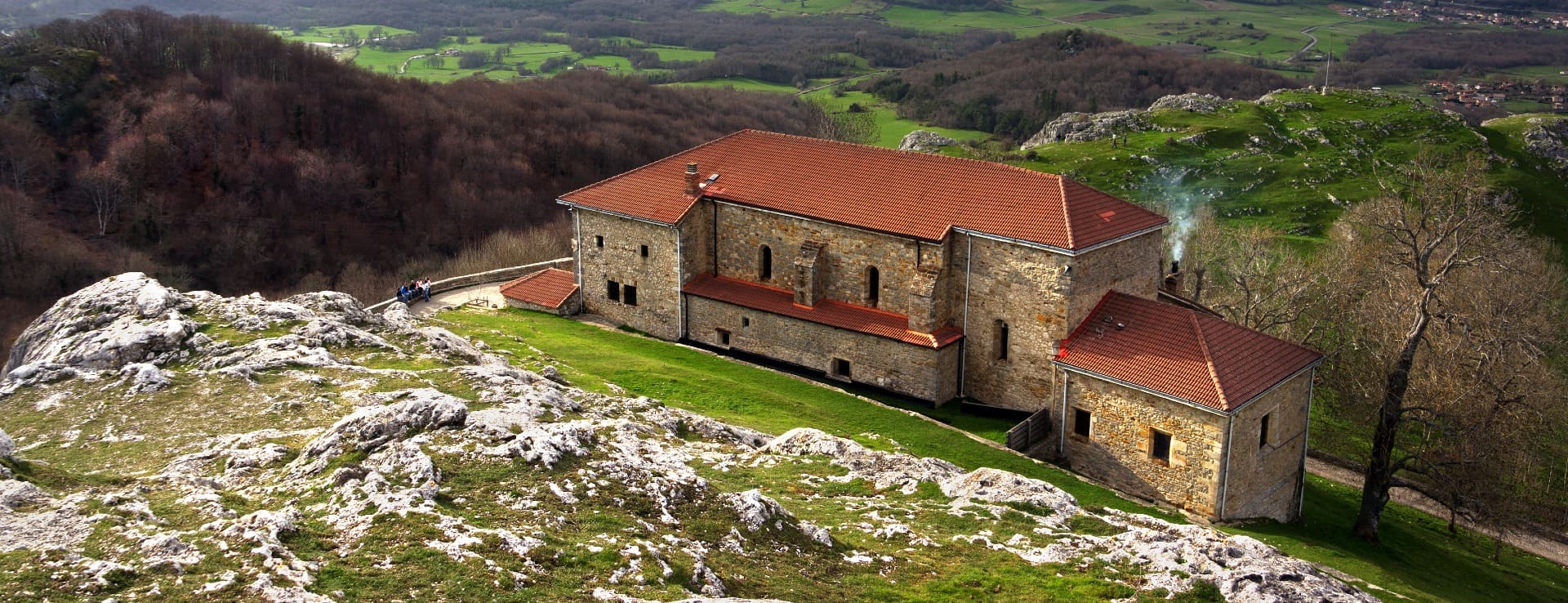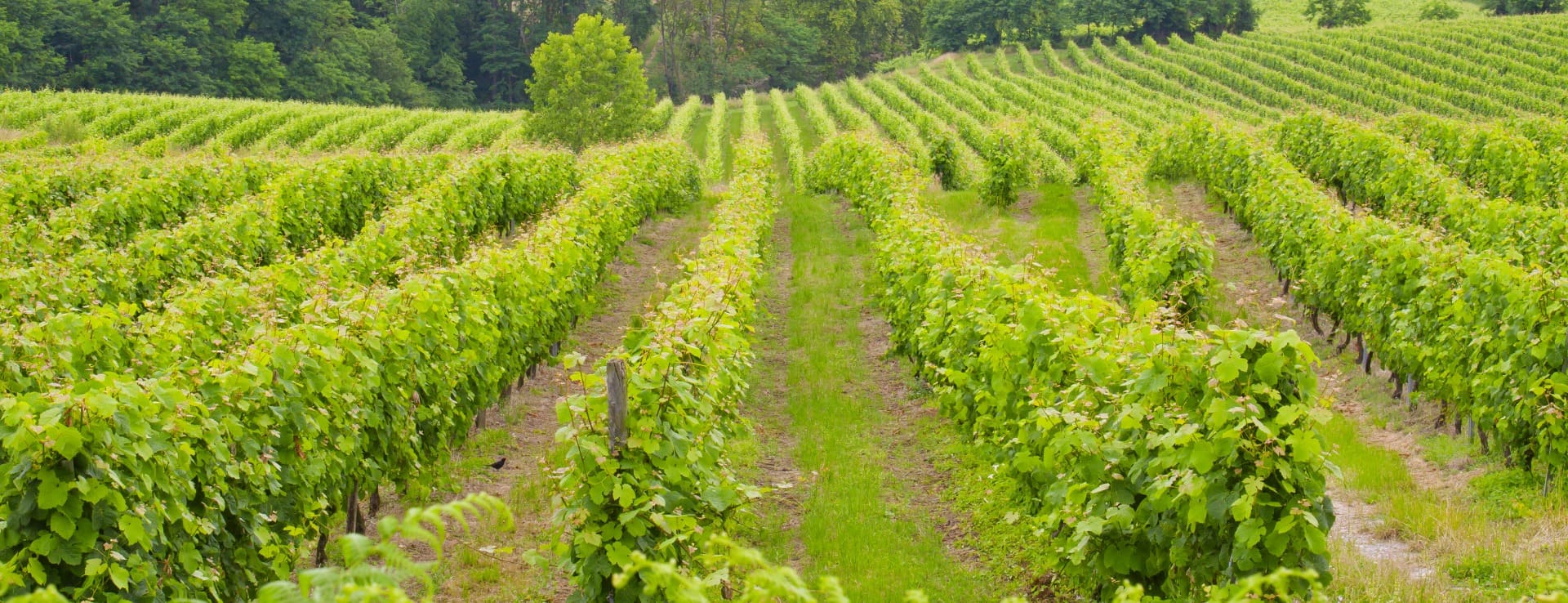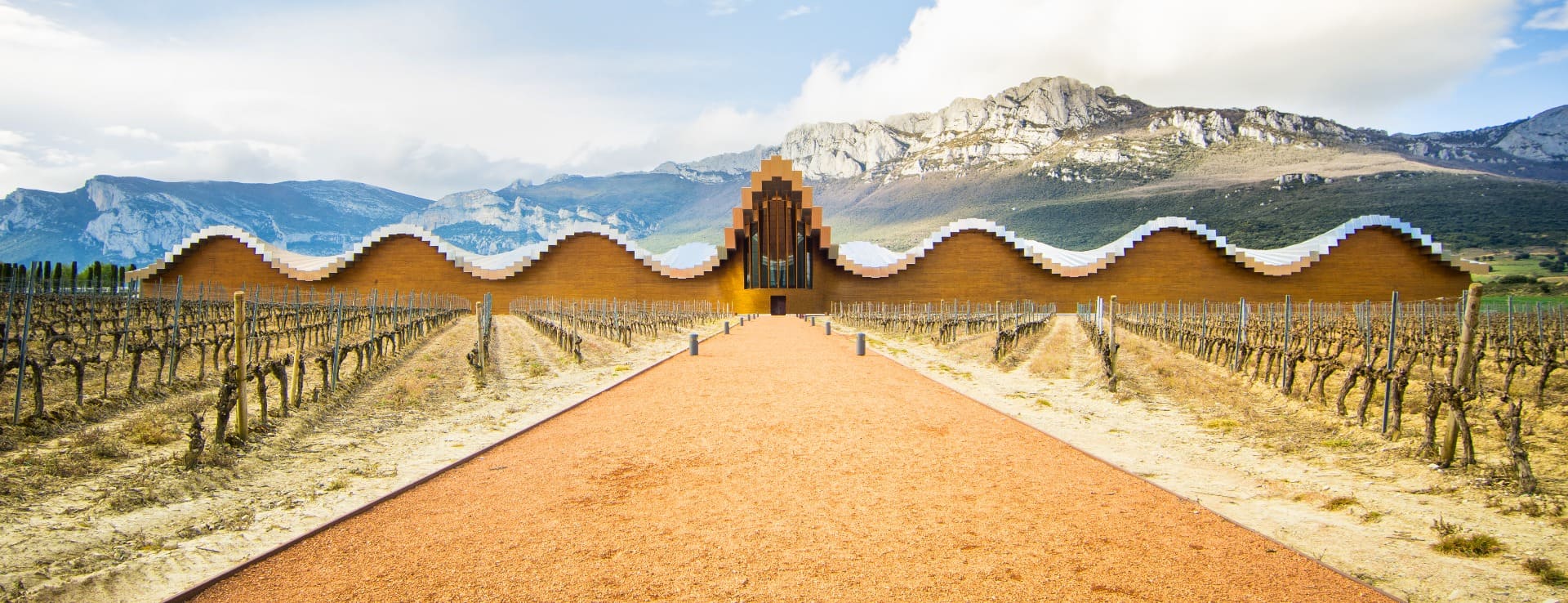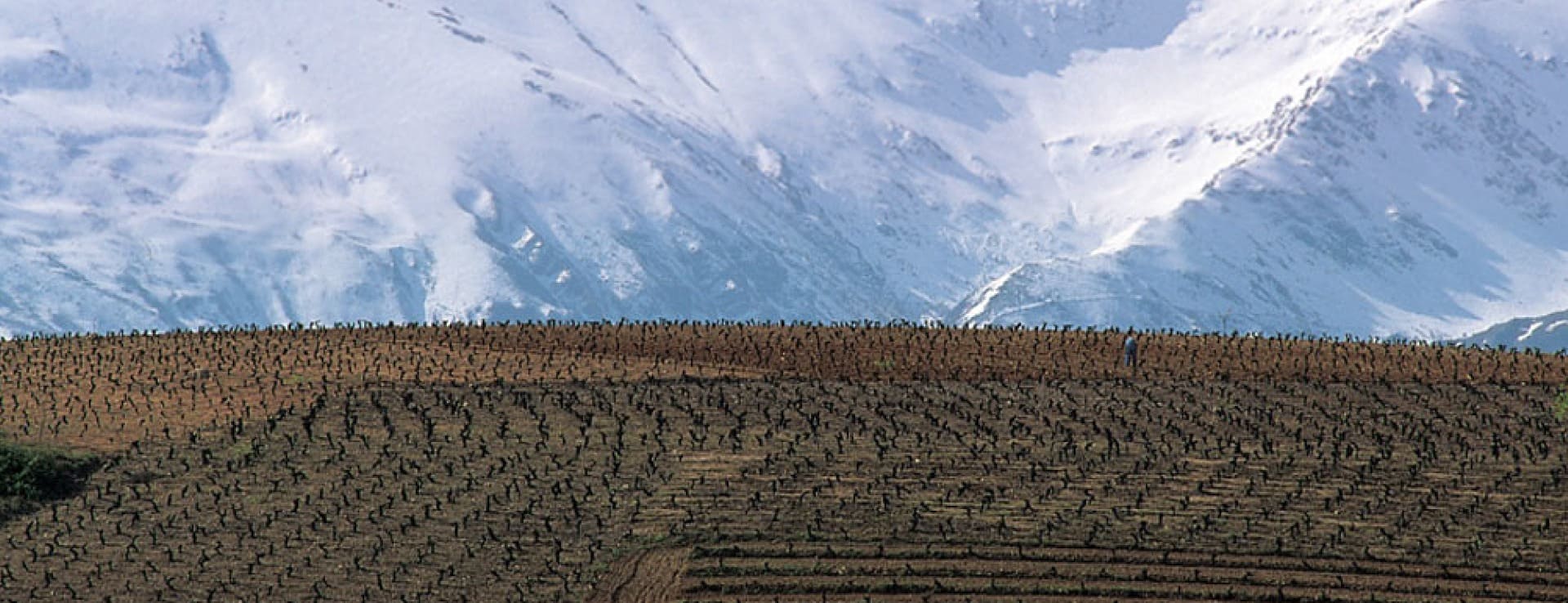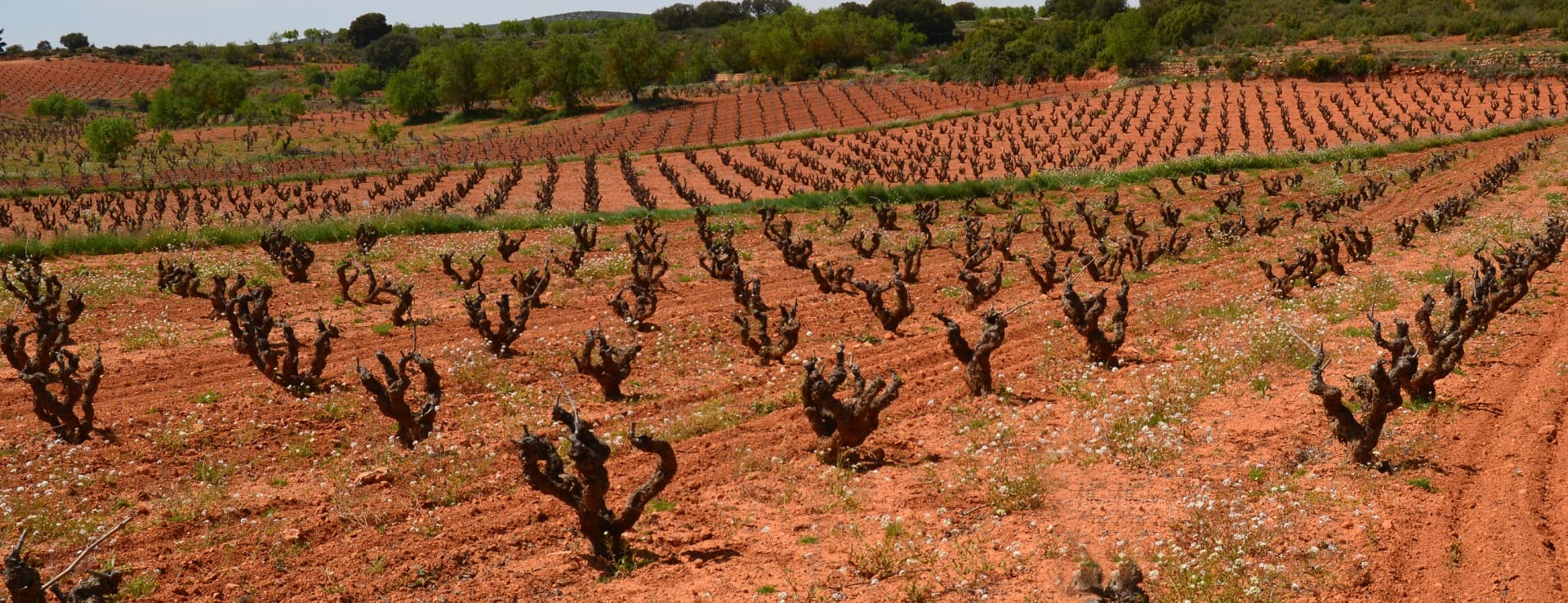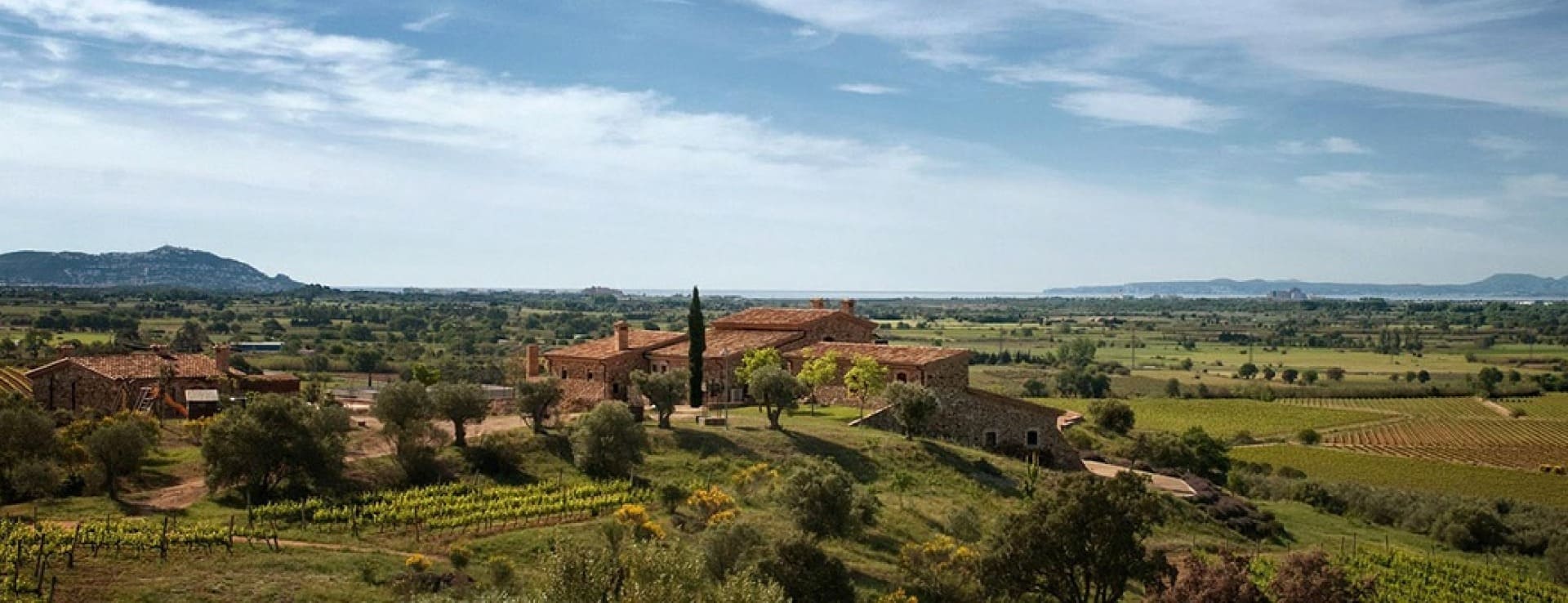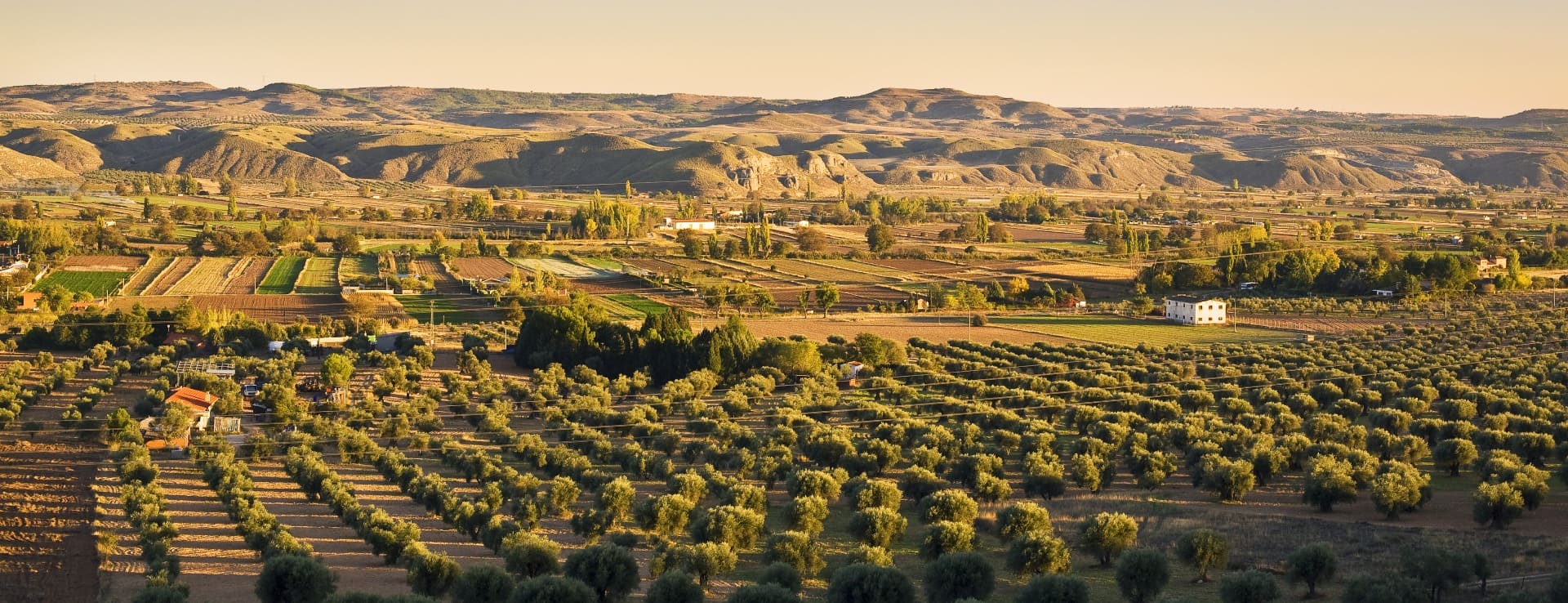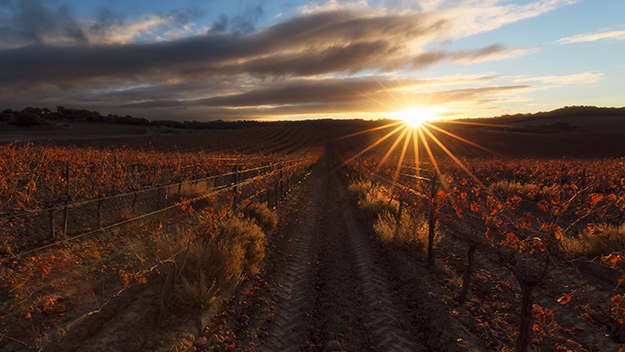Find your winery or vineyard
Álava
Alava is the largest province in the Basque Country, whose capital is Vitoria, which also serves as the seat of the autonomous government institutions. It has 51 municipalities, including Zuya, Cigoitia, Legutiano and Arrazua-Ubarrundia. One of its seven regions is La Rioja Alavesa, located in the extreme south, where the largest area of vineyards is concentrated.
HISTORY OF WINE
The town of Laguardia, capital of the Rioja Alavesa region, was founded in the 10th century on top of a hill. It is a small and picturesque medieval town, with narrow cobbled streets, where there are still old wineries that can be visited. However, the success of this region is associated with the figure of Jean Pineau, who arrived in 1862 to vinify in the Bordeaux style, using American and local oak barrels. Enthusiasm spread and farmers began to participate in competitions to showcase the new wines from La Rioja, obtaining recognition and prizes.
At the same time, bottling, corking and labelling began, and the "Medoc Alavés" brand was created. As a consequence of the project, the winemakers began to invest in machinery and barrels, so the wealthy families took control. Among them the Marqués de Riscal himself, who built the first modern cellar in the town of Elciego to extend the life of the wine in the barrels. Its success encourages other producers and, today, there are 1,500 families dedicated to viticulture in La Rioja Alavesa. This implies 250 wineries for a total of 13,500 hectares, although there are seven large groups that move 70% of the wine.
WINES AND WINERIES
Alava is the Basque province with the largest extension of vineyards. Most of the wine production is concentrated in the South (Rioja Alavesa) and is included in the Qualified Designation of Origin La Rioja (DOCa). The predominant wine along the coastal areas, although it is more typical of Vizcaya and Guipúzcoa, is a young and acidic white called txakoli. It is protected by the following Designations of Origin: Txakoli de Vizcaya, Txakoli de Álava and Txakoli de Guetaria.
Some of the most outstanding wineries in the area include Arabarte, Eguren Ugarte (since 1870, a splendid wine tourism complex), Bodegas Artadi (Eguren), Bodegas Fos (from the shipowner Vicente Boluda), Ostatu, Pago de Leza, Baigorri (built by the architect Iñaki Aspiazu), Remirez de Ganuza (Spain's first 100-point Parker wine), Señorío de Arana (since 1905), Rothschild and Vega Sicilia, Viña Salceda (created by the Chivite family), Casa Albor, Bodegas Campillo (from the Faustino group), Bodegas Palacio, Solar de Samaniego (Giant murals by Guido Van Helten), Artadi, Viña Real (CVNE group and designed by the architect PhiippeMazières), Ysios (Pernod Ricard group built by the architect Calatrava), Valdemar, Martinez Bujanda, Torre de Oña (French to Spanish chateaux with its stone palace), Izadi, Luis Cañas, Amaren (new personal wine project by Luis Cañas), Marqués de Riscal (new hotel by architect Frank Gehry), Valdelana (openwork with chapel), Bodegas Faustino, Marqués de Carrión, Marqués de Vitoria, El Coto de Rioja (Baron de Ley Group) or Bodegas Contino (CVNE group).
POINTS OF INTEREST
In the interior of Alava there is a rapid increase in wine tourism, promoted by the wine businessmen themselves. The town of Laguardia, capital of the Rioja Alavesa region, was founded in the 10th century on top of a hill. It is a small, picturesque town with narrow, cobbled streets and an important monumental heritage, such as its old walls and the fortified churches of San Juan Bautista and Santa María de los Reyes, the Casa Palacio del Fabulista Samaniego or the 14th century trade of La Primicia. In the rest of the municipalities we also find important heritage resources, among which we must highlight the historic centres of Elciego, Labastida and Labraza, perfectly preserved, with dolmens, churches and very old houses.
The capital of the province, Vitoria, also has a large number of monuments, including the Cathedral of Santa María in the heart of the medieval quarter. The whole Basque Country is an area of immense gastronomic richness, with a large concentration of Michelin-starred restaurants and numerous bars offering the popular pintxos (bites).
D.O./Valle (wine regions)
Discover more wineries and vineyards for sale in these wine regions in Spain
Subscribe to our mailing list to receive news about wineries and vineyards.

